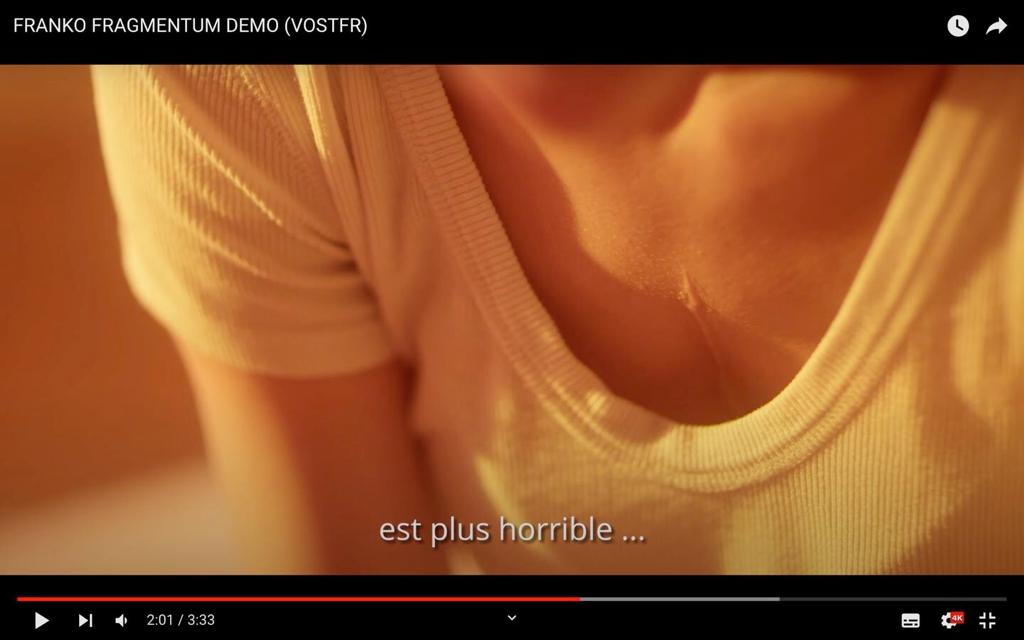"This year we almost didn't have an Afropunk festival." Like many festivals, cancellation was on the horizon, due to the worrying health context. The organizers have nevertheless decided to make it accessible to all, free of charge and in digital form. From Friday, October 24 to Sunday, October 26, the biggest names in the music scene of the African-Caribbean-American diaspora followed one another alongside lesser-known but equally remarkable artists. 
But first, if some still don't know, what is the afropunk festival?
The story goes back to 2005, it begins with the frustration of a group of young African-Americans, who do not recognize themselves in the clichés of black culture. They feel more punk than black, in the sense defined by the majority. They then ask themselves what it means to be black, to be punk and if the two associated words are compatible?Inthe 21st century, the time is no longer for narrow, simplistic, erroneous definitions…So they create a festival to give a little pride to the community of Afro-descendants. Community experienced by the traumas of slavery, colonization, racism… And on the other hand, they aspire to have a space for expression. 
Afropunk is not just a festival
The Afropunk festival is not only musical, it also celebrates entrepreneurship from the black community. It aims to disseminate a less caricatured and more nuanced image of the identity of Afro-descendants. The Festival has gradually expanded. Today, it takes place in Paris, Brooklyn, Atlanta, Paris, London, Johannesburg… It brings together thousands of festival-goers and represents a showcase of contemporary music. The program highlights Afro-Caribbean and African-American artists… The ensemble draws a vast fresco of current musical creation, which fuses traditional music with nu jazz, rap, metal and even lyrical works. 
An eclectic program: focus on emblematic artists of our time
Dua Saleh appears, alone in the image, in a recording studio booth setting. The artist grew up in the United States, where his family settled, after fleeing the civil war in Sudan in the 90s. Titles like warm pants carry images, subterranean emotions "I feel faded, I feel so gone". The powerful, poetic text is one with the instrumental. The flow oscillates between rap and incantatory singing. The voice reflects the power of an experience and an early maturity, ranging from an indolent, dragging intonation to the precision of a chiseled text. 
Sampa the Great: the most successful show of the festival
Sampa the great, the Nigerian rapper, evolves in a completely different atmosphere. It is majestic at the center of a worked scenography, which plays on the aesthetics of the costumes, fabrics, choreography of its two dancers.The whole contrasts with the sobriety of the space. The play of lights, movements, curtains, sculptural hairstyles, long braids, water on the ground, install an Afro-futuristic atmosphere. The artist lives up to his name, it is the most impactful show of the festival, the paintings follow one another, revealing an increasingly psychedelic universe. The queen masters her art, because she elevates her music to that rank.
Lous and the Yakuza, on the rise
If the artist has sparked a wave of hate on social networks, his appearance at the festival has won the adhesion on online chats. The style appealed to a largely English-speaking audience. This places Francophone music in this international movement. The pop style and live performance, as well as a strong feather contribute to raise the young Belgian singer to the rank of iconic artists of her generation.







































